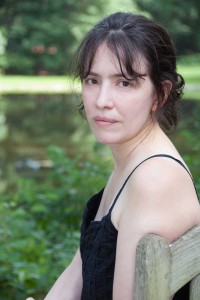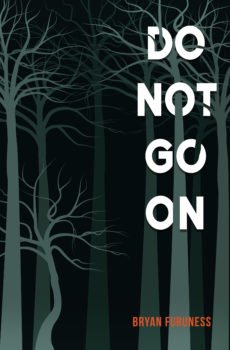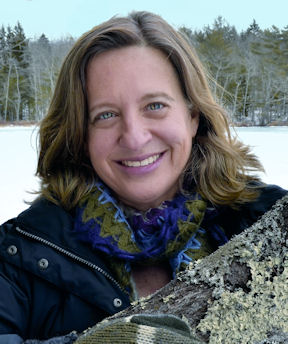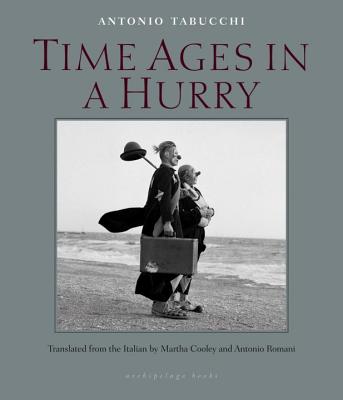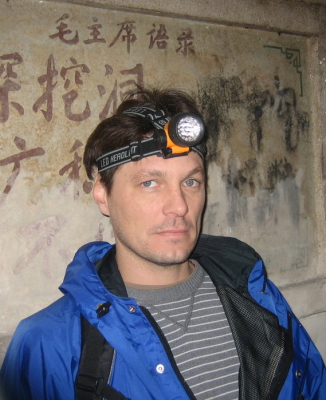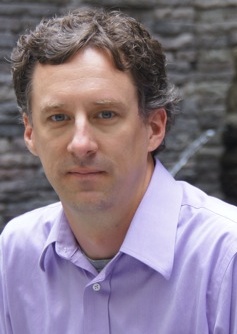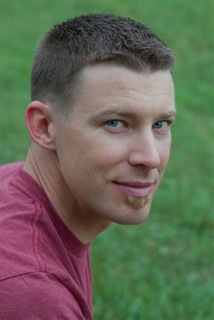The Trickster Answers So Many Questions: An Interview with Rosalie Morales Kearns
by Philip Graham
From the Archives: Philip Graham speaks with his former student Rosalie Morales Kearns about her debut collection, as well as how to enter different points of view, the legacy of colonialism in Caribbean history and Caribbean literature, and why the trickster answers so many questions.


